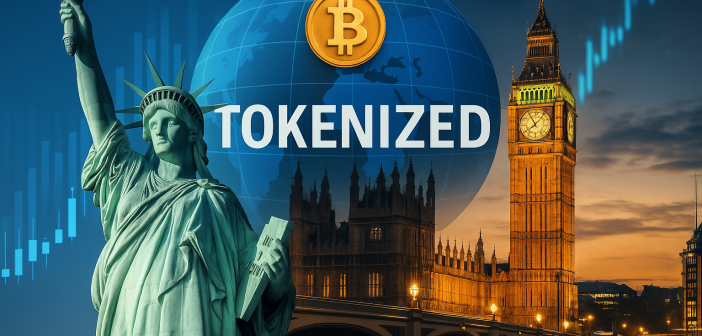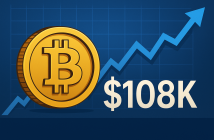The tokenization of real-world assets (RWAs) is revolutionizing the financial landscape in 2025. By converting tangible assets like real estate, commodities, and securities into digital tokens on a blockchain, tokenization enhances liquidity, accessibility, and efficiency. Several jurisdictions have emerged as pioneers in this domain, fostering innovation through supportive regulatory frameworks and technological advancements.
United States: Institutional Momentum Amid Regulatory Evolution
The United States continues to be a significant player in RWA tokenization, with approximately 34.8% of global initiatives based in the country. The recent public offering of Circle, the issuer of USDC, and the introduction of bipartisan bills like the STABLE Act and the GENIUS Act, aim to provide clearer regulatory guidelines for stablecoins and digital assets. These developments signal a move towards greater institutional adoption and regulatory clarity.
Switzerland: A Hub for Digital Asset Innovation
Switzerland has long been recognized for its progressive stance on digital assets. The Swiss Financial Market Supervisory Authority (FINMA) has established comprehensive guidelines for tokenized securities, fostering a conducive environment for blockchain innovation. The country’s legal recognition of blockchain-based records and smart contracts has attracted numerous fintech startups and traditional financial institutions.
Singapore: Strategic Embrace of Tokenization
Singapore’s Monetary Authority of Singapore (MAS) has implemented robust regulatory frameworks to support digital asset growth. The city-state’s proactive approach includes clear guidelines for security tokens and a commitment to fostering innovation while ensuring financial stability. Singapore’s strategic position in Asia and its supportive policies make it an attractive destination for RWA tokenization projects.
United Kingdom: Advancing Fund Tokenization
The UK’s Financial Conduct Authority (FCA) has announced a five-year strategy focusing on technological advancement in financial services, including support for fund tokenization. This initiative aims to promote innovation and competitiveness in the asset management sector, encouraging the adoption of distributed ledger technology for trading and record-keeping.
United Arab Emirates: Ambitious Tokenization Initiatives
The UAE, particularly Dubai, is making significant strides in asset tokenization. The DAMAC Group’s $1 billion partnership with blockchain platform MANTRA to tokenize real estate and data center assets exemplifies the country’s commitment to becoming a global hub for digital and crypto assets. These initiatives are supported by the UAE’s efforts to develop comprehensive virtual asset regulations. reuters.com
Germany: Integrating Tokenization into Financial Infrastructure
Germany has integrated crypto assets into its financial regulations, allowing institutional funds to hold up to 20% in cryptocurrencies. The country’s Electronic Securities Act facilitates the issuance of digital securities, providing a legal framework for asset tokenization. Germany’s approach balances innovation with investor protection, encouraging the growth of tokenized assets.
Conclusion
As tokenization of real-world assets gains momentum, jurisdictions that offer clear regulatory frameworks and support innovation are leading the charge. The United States, Switzerland, Singapore, the United Kingdom, the United Arab Emirates, and Germany exemplify how strategic policies can foster the growth of digital asset markets. These countries are not only enhancing their financial infrastructures but also setting global standards for the future of asset tokenization.




